
The role of the board in preparing for extraordinary risk
Risks that threaten a company’s existence require unique interventions from the board.
Recommendation
Risk management isn’t what it used to be. Today, boards must consider risks of remote probability that might have potentially deadly consequences for their organizations. Managing such existential risks is the board’s responsibility, but how should boards proceed? No company can insure against everything, and even where insurance is available, it may prove too costly. In this McKinsey podcast, host Sean Brown talks to the consultancy’s experts, Nora Aufreiter, Celia Huber, and Ophelia Usher, about steps that boards can take to face these challenges. Board members and senior managers in every industry should be aware of their advice.
Summary
About the Podcast
Nora Aufreiter, who serves as a director on the boards of Scotiabank, Kroger, and Cadillac Fairview, is a senior partner emeritus in McKinsey’s Toronto office and a senior advisor to the firm. Celia Huber is a senior partner in McKinsey’s Silicon Valley office. Ophelia Usher is an associate partner in Stamford, CT. Sean Brown is director of global communications and external relations for the firm’s Boston-based Strategy & Corporate Finance practice.


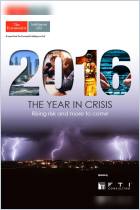
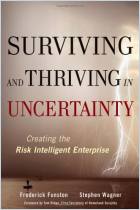

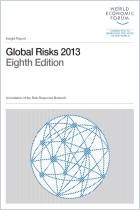
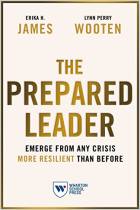
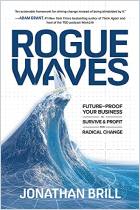




Comment on this summary